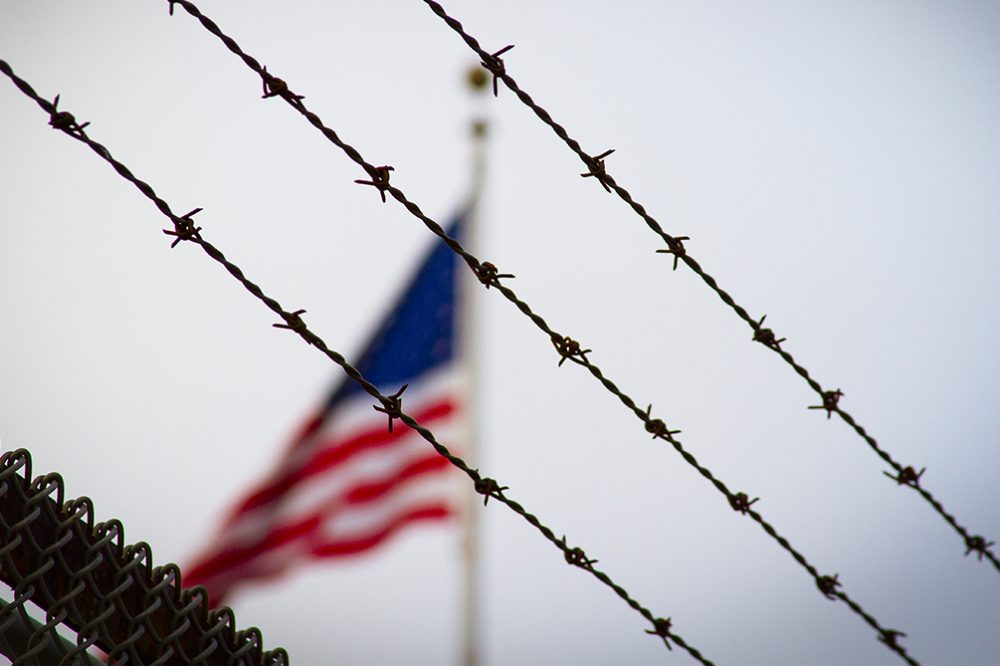Financial Health and Criminal Justice: The Stories of Justice-Involved Individuals and Their Families
The Financial Health Network presents a look into how one’s financial health impacts their ability to navigate the U.S. criminal justice system, and how their involvement in that system impacts their financial health. In partnership with the University of Southern California’s (USC) Center for Economic and Social Research, we interviewed 36 individuals who shared their multifaceted experiences with the criminal justice system, highlighting multiple areas ripe for innovation.
-
Category:

Top Takeaways
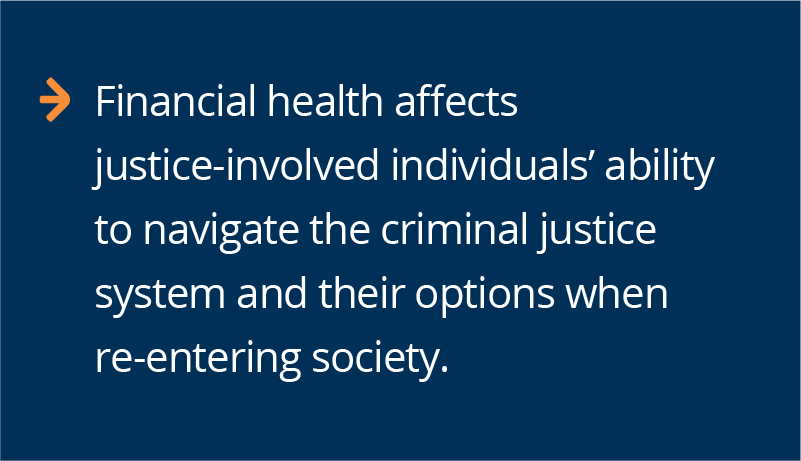
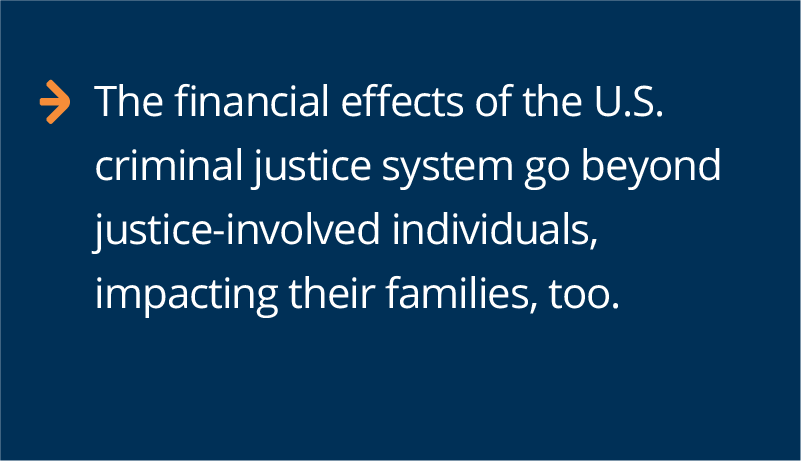
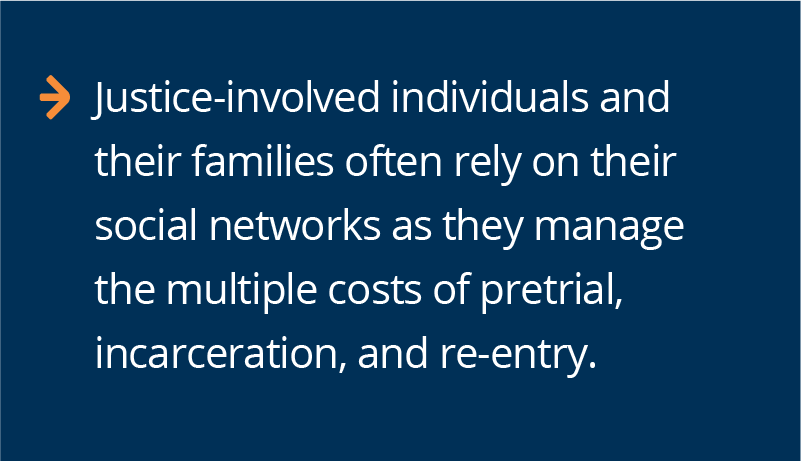
The Cost of Incarceration
Approximately 2.3 million Americans were incarcerated in 2020, and over 10 million people are arrested or charged with crimes every year. While these numbers are staggering in their size, they are made up of individuals — each with a unique and complicated human story, and with a family or social network impacted by their involvement in the criminal justice system. In particular, this system disproportionately impacts people from low-income communities and communities of color.
Our research examines the experiences of individuals and their families as they manage the multiple costs of pretrial, incarceration, and re-entry, as well as the challenges associated with securing income, employment, and accessing financial services upon their release. Our hope is that the experiences reported here can help inform policy reforms aimed at making bail, court fines, and related fees more affordable and reduce the barriers of re-entry faced by justice-involved individuals.
Explore the Findings
Learn about the multifaceted experiences of justice-involved individuals and their families, including:
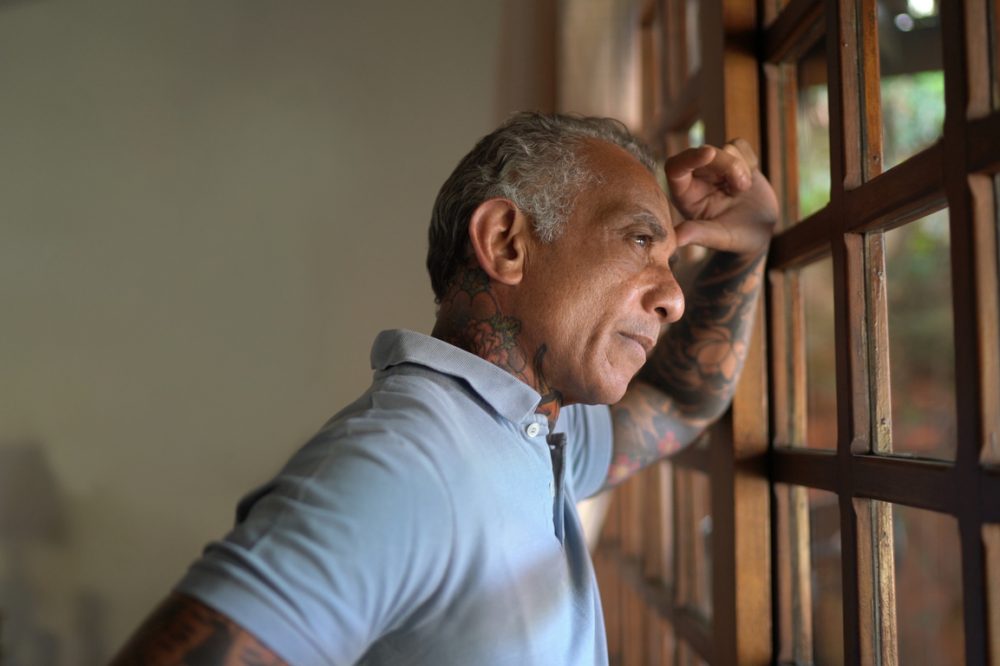
Managing the Initial Financial Shock
Justice-involved individuals and their families face a number of expenses that can create financial strains immediately after arrest, including posting bail and hiring legal representation.

Impact of Incarceration on Families
After a family member or loved one is arrested, their households are forced to juggle financial responsibilities, including being forced to stagger bills and forgo mortgage payments.

Employment Challenges
Once justice-involved individuals re-enter society, there are numerous barriers to gain employment that often force them to make difficult decisions.

Managing Financial Obligations
Once justice-involved individuals are released from jail or court, they are still not released from their financial obligations to the criminal justice system.

Support from Social Networks
Family and friends are a major lifeline for justice-involved individuals, providing support and advice from pre-trial to post-release.
Methodology
The Financial Health Network partnered with USC’s Center for Economic and Social Research to conduct a qualitative study on the financial consequences of incarceration for individuals and their families. The USC’s Understanding America Study (UAS) online panel was used to identify eligible individuals for inclusion in the study, and they were invited to participate in an hourlong phone interview. The results of these briefs are based on interviews with 36 respondents that self-identified as having spent time in prison or jail, or having had a family member who spent time in prison or jail. The names of respondents included in these profiles have been changed for anonymity and security purposes. The insights shared in these briefs represent the particular experiences of select UAS panel members who have prior involvement with the criminal justice system. For these reasons, the findings cannot be considered fully representative of the population impacted by this vast system.
Go Deeper Into Our Criminal Justice Work
These briefs were developed in conjunction with our report Financial Health and Criminal Justice: The Impacts of Involvement, which explores the survey results of 573 individuals impacted by the criminal justice system. These publications are meant to provide insight into the experiences of justice-involved individuals and their families, so that policies, products, and services can better serve individuals in similar scenarios. By understanding the lived experiences of justice-involved people and their families, providers, policymakers, and innovators can create more responsive solutions to support individuals and their families during an already challenging time.
Financial Health and Criminal Justice: The Impacts of Involvement
Across each phase of involvement with the criminal justice system, individuals and their families often experience negative financial health outcomes.
A Broken Criminal Justice System Impacts Financial Health, Too
By Josh Sledge, Senior Director and Arjun Kaushal, Associate, Financial Health Network The tragic murder of George Floyd at the hands of police has once again brought the inequities of the criminal justice system into focus. The violence captured on film has rightfully drawn a passionate response, as protestors demand justice for Floyd and an…
Formerly Incarcerated People Need Financial Stability to Make Their Return Home A Success
There are more than 44,000 federal, state, and local restrictions that block access to public benefits, employment opportunities, and other crucial services that returning citizens need to establish stability and build their financial health.
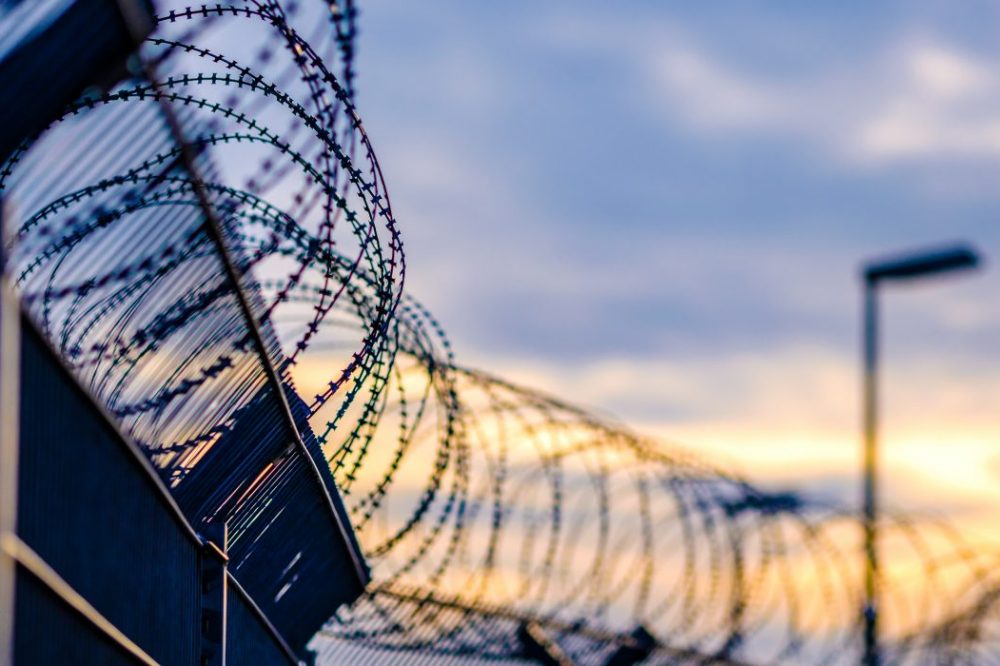
2021 Exchange Challenge: Improving the Financial Health of Justice-Involved Individuals
The 2021 Exchange Challenge is focused on nonprofit-fintech partnerships that can advance the financial health of justice-involved individuals and families navigating fines, arrests, detainment, and/or incarceration.
The Collaborative: Driving Policy Innovation for Complex Challenges
The Collaborative targets challenges that require policy innovation to address structural barriers and reach impacted individuals at scale, engaging multiple stakeholders to better understand and solve these challenges.

Written by
Financial Health and Criminal Justice: The Stories of Justice-Involved Individuals and Their Families
Explore the trends. Discover new insights. Build stronger strategies.
